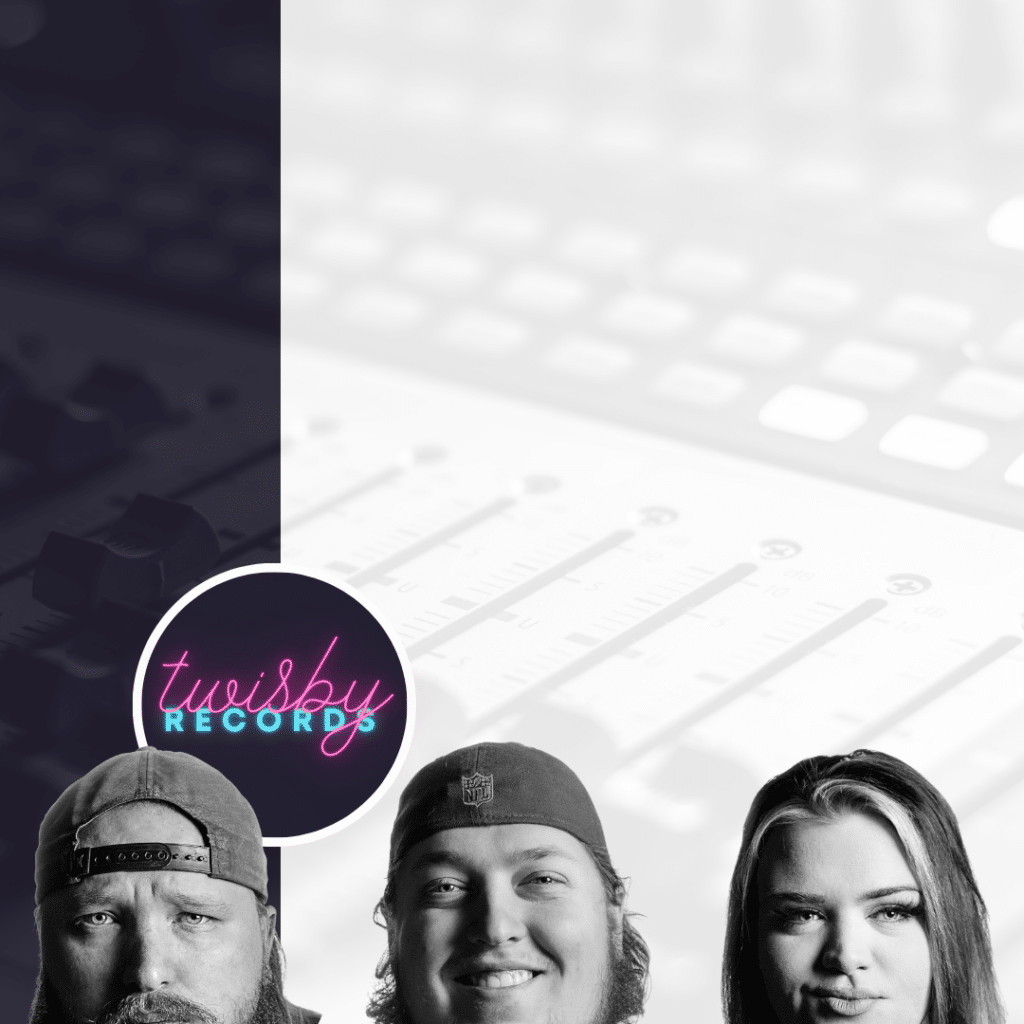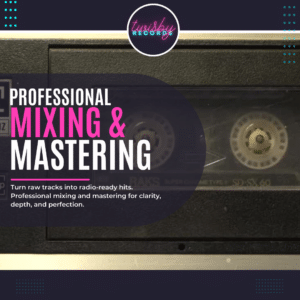The music industry is an exciting and complex world where creativity, passion, and business come together. Musicians, producers, and other industry professionals need to navigate a maze of legal issues that impact their work. In this article, we will dive into the legal aspects of music, discussing copyright laws, royalties, licensing, and trademarking to help you better understand your rights, responsibilities, and opportunities in the music world.
Why Copyright Matters in the Music Industry
Copyright is a legal concept that gives the creators of original works exclusive rights to control and profit from their creations. In the music industry, this means songwriters, composers, and performers have the right to control how their music is used, reproduced, distributed, and adapted. Knowing how copyright works and how it can protect your creative interests is essential.
Basics of Copyright
Copyright protection starts as soon as an original work is created and fixed in a physical form, like writing lyrics on paper, recording a song digitally, or capturing a live performance on video. In the United States, copyright protection lasts for the life of the author plus 70 years, while other countries may have different timeframes.
Copyright law splits musical works into two separate categories:
- Musical Compositions: This includes the basic melody, harmony, lyrics, and other elements that make up a song, usually created by songwriters and composers.
- Sound Recordings: This refers to the specific audio recording of a musical composition, including the performance, production, and engineering aspects, generally created by performers, producers, and sound engineers.
Registering Your Copyright
Even though copyright protection is automatic, registering your work with the U.S. Copyright Office (or the relevant authority in your country) can provide valuable benefits. Registration creates a public record of your copyright claim and is required if you want to file a lawsuit for copyright infringement in the United States. Additionally, registration can entitle you to statutory damages and attorney’s fees in successful infringement cases.
Royalties
Royalties are payments made to the owners of copyrighted works for the use of their music. In the music industry, different types of royalties are generated based on different uses of a song or recording. Understanding how royalties work and how they are collected and distributed is crucial for musicians and industry professionals.
Types of Music Royalties
- Mechanical Royalties: These are generated from the reproduction of a musical composition, like the sale of CDs, vinyl records, or digital downloads. These royalties are paid to the songwriter and publisher by the record company or distributor.
- Performance Royalties: These are generated when a musical composition is performed publicly, including live concerts, radio broadcasts, and streaming services. These royalties are collected by performance rights organizations (PROs) and paid to the songwriter and publisher.
- Synchronization Royalties: These are generated when a musical composition is used in a visual media project, like movies, TV shows, commercials, or video games. These royalties are negotiated between the copyright owner (songwriter and publisher) and the producer or distributor of the visual media project.
- Neighboring Rights Royalties: These are generated from the public performance or broadcast of a sound recording, like radio airplay or streaming services. These royalties are collected by neighboring rights organizations (NROs) and paid to the performers and record labels. The US does not recognize neighboring rights.
Collecting Your Royalties
To collect royalties, musicians and songwriters must register with the right organizations that collect and distribute royalty payments. In the United States, songwriters and publishers should join a PRO like ASCAP, BMI, or SESAC to collect performance royalties and synchronization royalties. PRO’s do not collect royalties on their own, for that you need to use a service that collects mechanical royalties as well. (I know, it’s made difficult on purpose, because unclaimed royalties will be going to major labels soon. Yep they will be paid for your work, and it’s part of the reason why they lobbied to get the MLC up and running. It’s a messed up industry.)
To collect mechanical royalties, you should register with the Mechanical Licensing Collective (MLC), which is a government mandated organization that collects royalties in the US. Another option is signing up with a company like SoundExchange or Songtrust, but beware when signing up with these companies you are signing a Publishing Admin deal, and it may be difficult to get placements in Sync libraries making it harder to get your music in film and tv.
Your distributor pays the performance rights generated by streaming services you uploaded to through them.
Licensing: Granting Permission to Use Your Music
Licensing is the process of giving someone else permission to use your copyrighted music in a specific way. When a third party wants to use your song or recording, they must obtain a license from you or your representative (such as your publisher or record label) to do so legally. Understanding the various types of licenses and how to negotiate them can help you maximize the value of your music.
Common Types of Music Licenses
- Mechanical License: This grants permission to reproduce and distribute a musical composition, typically obtained by a record company or distributor to create and sell physical or digital copies of a song.
- Public Performance License: This grants permission to publicly perform a musical composition, typically obtained by venues, broadcasters, and streaming services from PROs.
- Synchronization License: This grants permission to use a musical composition in a visual media project, negotiated directly between the copyright owner and the producer or distributor of the project.
- Master Use License: This grants permission to use a specific sound recording in a visual media project, negotiated directly between the owner of the recording (usually the record label) and the producer or distributor of the project.
Negotiating Licensing Deals
When negotiating a licensing deal, it’s essential to understand the value of your music and the specific terms of the agreement, including:
- License Fee: The upfront payment made by the licensee for the right to use your music.
- Royalty Rate: The ongoing percentage of revenue generated by the licensed use of your music, paid to you as the licensor.
- Term: The length of time the licensee has the right to use your music.
- Territory: The geographical area in which the licensee has the right to use your music.
- Usage: The specific ways in which the licensee has the right to use your music (e.g., in a film, on a soundtrack album, or in promotional materials).
Trademarking Artist and Band Names
Protecting your brand identity as a musician or band is also important in the music industry. Trademarking your artist or band name can help you secure your brand and prevent others from using a similar name that might confuse fans or damage your reputation.
What is a Trademark?
A trademark is a word, phrase, symbol, or design that identifies and distinguishes the source of goods or services of one party from those of others. In the music industry, a trademark can protect your artist or band name, logo, or even an album title, ensuring that only you have the right to use it in connection with your music.
Registering Your Trademark
To register a trademark in the United States, you need to file an application with the United States Patent and Trademark Office (USPTO). The process involves:
- Conducting a search to make sure your desired trademark is not already in use by someone else.
- Filing an application with the USPTO, providing details about your trademark and the goods or services it represents.
- Paying the required fees and waiting for the USPTO to review your application and approve or deny it.
If approved, your trademark registration will protect your artist or band name in the United States. You may also consider registering your trademark in other countries where you plan to release and promote your music.
There are companies that will help you complete this process for a fee, as it is a little complicated, and we do recommend you hiring a lawyer to help you.
The Importance of Registering Your Name as a Trademark
Registering your artist or band name as a trademark offers numerous benefits that can strengthen your position in the music industry and help you safeguard your brand identity. Understanding the significance of trademark registration can provide you with valuable insights on how to protect your reputation and prevent potential legal disputes.
Protecting Your Brand Identity
A strong brand identity is crucial for any artist or band seeking to establish a solid presence in the music industry. By registering your name as a trademark, you gain the exclusive right to use your name in connection with your music, which can prevent other musicians or bands from using a similar name that might cause confusion among fans or dilute your brand’s distinctiveness. This exclusivity allows you to build your image, expand your fan base, and establish a unique presence in the market.
There are a lot of sleazy people out there who will find up and coming artists, and trademark their name out from under them and force them to either pay to a fee for the trademark, or change their name. Sadly…. it’s legal. So prevent this from happening to you and just get it done as soon as you can.
Preventing Legal Disputes
Trademark registration can help you avoid potential legal disputes with other artists or bands who might claim that you are infringing on their trademark rights. By registering your name, you create a public record that demonstrates your ownership of the trademark, making it more difficult for others to argue that they have a prior claim to the name. This can help you avoid costly and time-consuming litigation and protect your reputation in the music industry.
Registering your artist or band name as a trademark is a crucial step in safeguarding your brand identity and securing your position in the music industry. By understanding the importance of trademark registration, you can take proactive measures to protect your reputation, prevent legal disputes, and maximize your licensing and merchandising opportunities. With a solid understanding of copyright, royalties, licensing, and trademarking, you’ll be well-equipped to navigate the legal landscape of the music world and pave the way for a successful career.
















